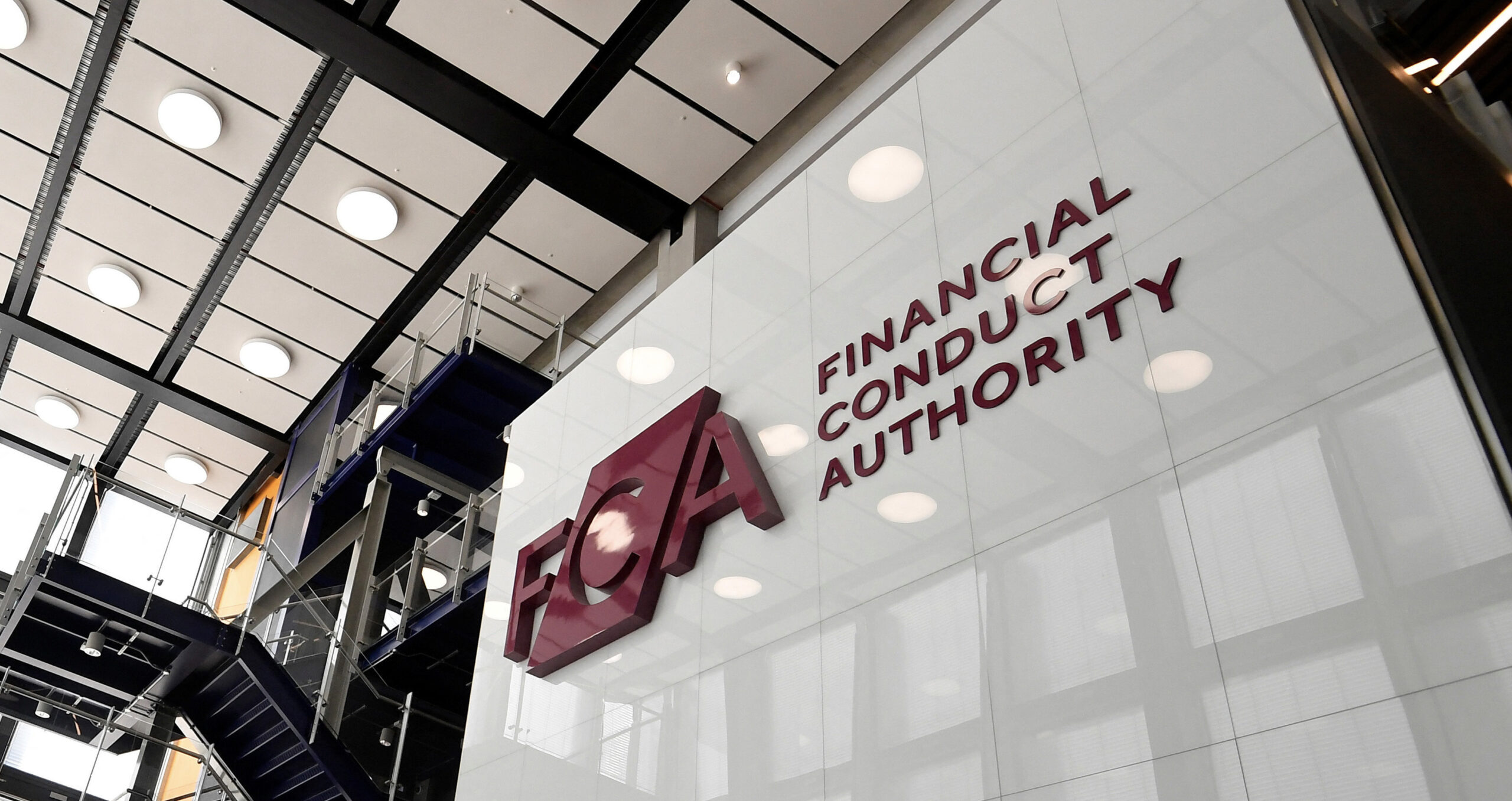

The Financial Conduct Authority is considering whether to set requirements about sustainability practices, including remuneration and the implementation of transition plans.
The UK Financial Conduct Authority published a discussion paper on February 10 aimed at regulated companies, including banks, insurers and asset managers, where it considers if they should be expected to embed sustainability into their strategies, as well as whether it should set regulatory expectations on senior managers’ duties on executing their companies’ climate transition plans.
In the discussion paper, the watchdog accepted that when considering the issue of net zero, investors may expect regulation to cover the whole value chain. It admitted that regulation, such as the proposed Sustainability Disclosure Requirements, currently focuses largely on asset managers.
The FCA set 15 questions covering sustainability-related governance, remuneration and incentives, addressing also the matters of training and competence.
“Consumers and investors face broader challenges when it comes to accountability of service providers involved at different stages of the value chain,” it said, pointing to index data providers and environmental, social and governance rating agencies.
“Investors may look out for increased oversight of internal controls for those involved in the value chain, and governance is needed around the way data is sourced, used and communicated to investors and regulators in reporting.”
The FCA has asked for views on the case for linking pay to sustainability goals and making adjustments to remuneration when sustainability-linked targets are not met.
“The credibility of ESG targets rests upon their stretch and rigour,” it said. “High bonus payouts against ESG goals cannot continue alongside limited progress on real-world ESG outcomes.”
KPMG partner Simon Weaver told Sustainable Views: “This paper is well timed, given businesses will now be disclosing their transition plans in this coming reporting cycle, outlining how an organisation can set itself up for success to deliver on its transition plan.”
‘This goes against the grain’
The FCA is also seeking views on companies’ approaches to conflicts of interest.
It acknowledged that the Financial Reporting Council, which regulates auditors, accountants and actuaries, had observed “mixed reporting quality” against a principle in its UK Stewardship Code 2020 that orders signatories to manage conflicts of interest out of the best interests of their clients and beneficiaries.
“Conflicts [of interest] policies are often generic and do not specifically consider issues as they relate to stewardship,” the FCA said, while asking respondents to consider whether the watchdog should introduce measures to encourage better stewardship and conflicts of interest.
Respondents may also offer their views on ESG training and competence, in a bid to help the FCA identify knowledge gaps on sustainability. It asked whether respondents had seen the misrepresentation of ESG credentials among ESG professionals.
“Governance, accountability and remuneration are the main levers that the FCA has at its disposal to significantly change behaviour in firms, given the focus,” Ashurst finance regulatory partner Lorraine Johnston told Sustainable Views.
“It is no surprise that the FCA has identified these three aspects as key to supporting its sustainability agenda, but firms will need to think deeply on how any new proposals on remuneration linked to sustainability objectives will work in practice,” she continued.
“This goes against the grain of the traditional financial services remuneration model and will really require firms to put ‘their money where their mouth is’.”
In January, the regulator closed a consultation aimed at protecting retail investors from greenwashing.
As part of the consultation, it proposed a regime of sustainable investment labels for financial products and the new SDR regulation, which sets out a range of disclosure needs for funds, including sustainability objectives and the level of progress achieved towards meeting these goals.
The window for submissions on the FCA’s latest discussion paper closes on May 10.
Photo credit: Toby Melville/Reuters
Similar Articles

In Brief: EU clean tech investment soars; US increases tariffs on Chinese imports

In Charts: Politicians not providing enough clarity on green policy, say UK businesses


